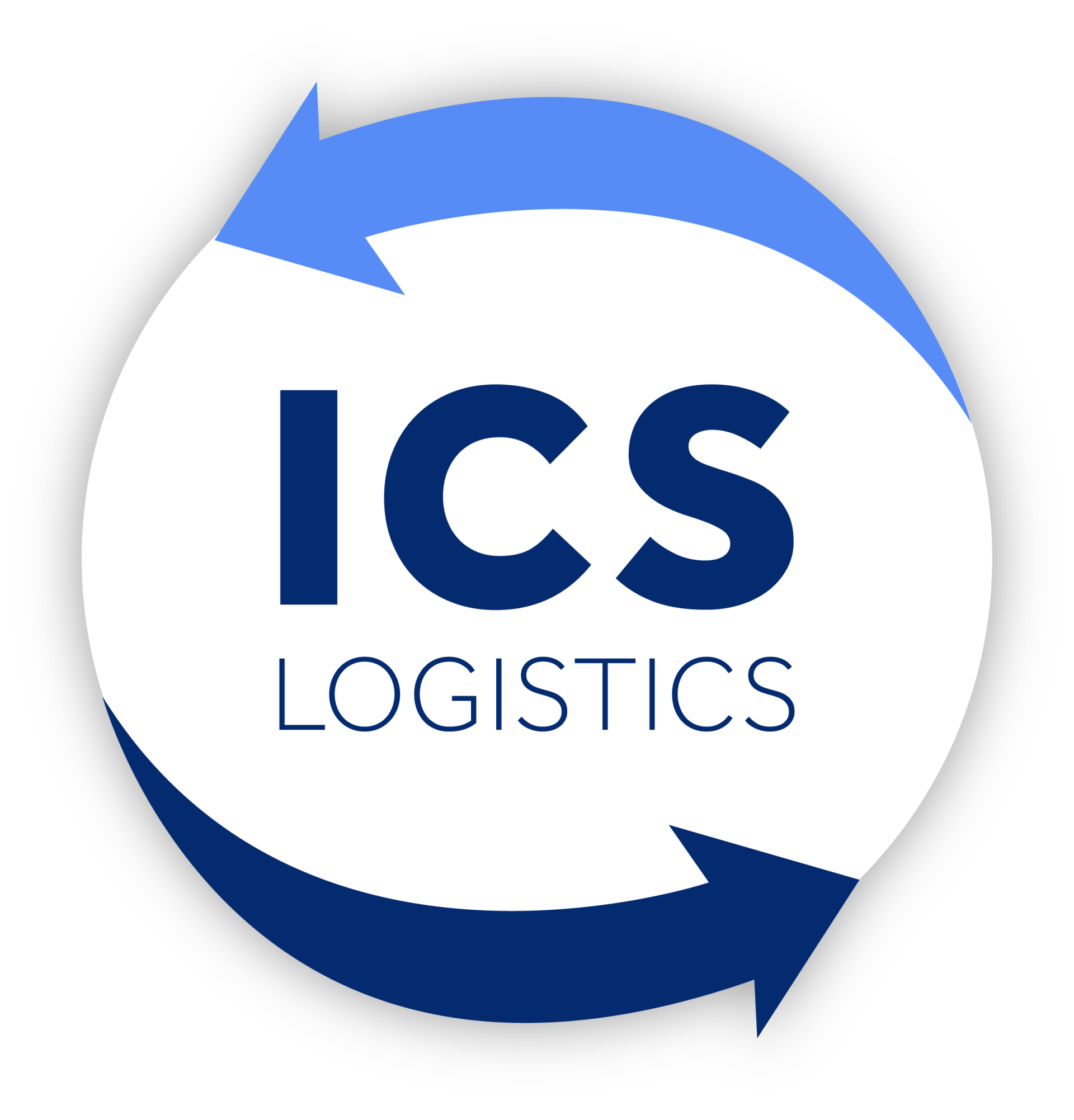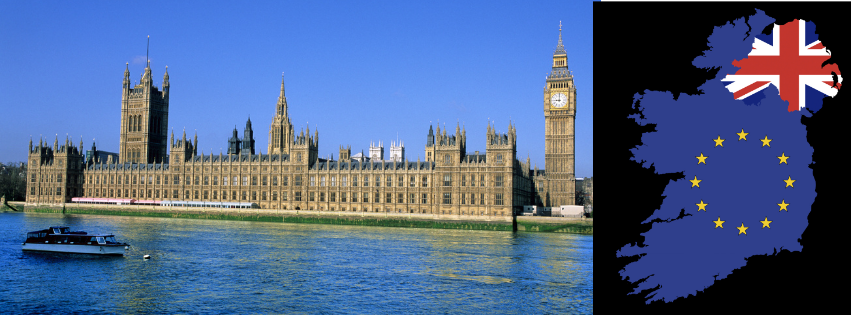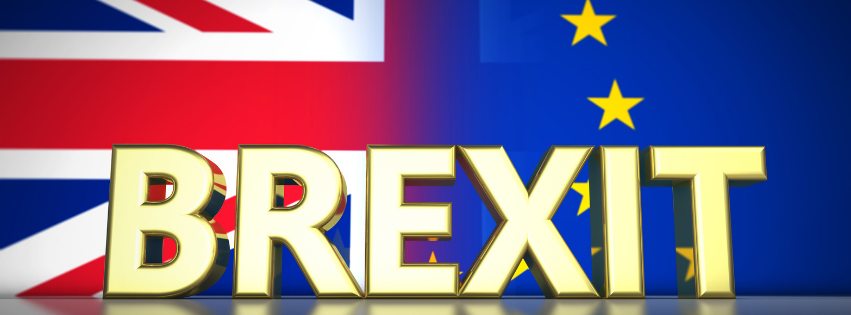Incoterms® 2020
Ian Simmonds • 6 January 2020
Incoterms® 2020 Rules
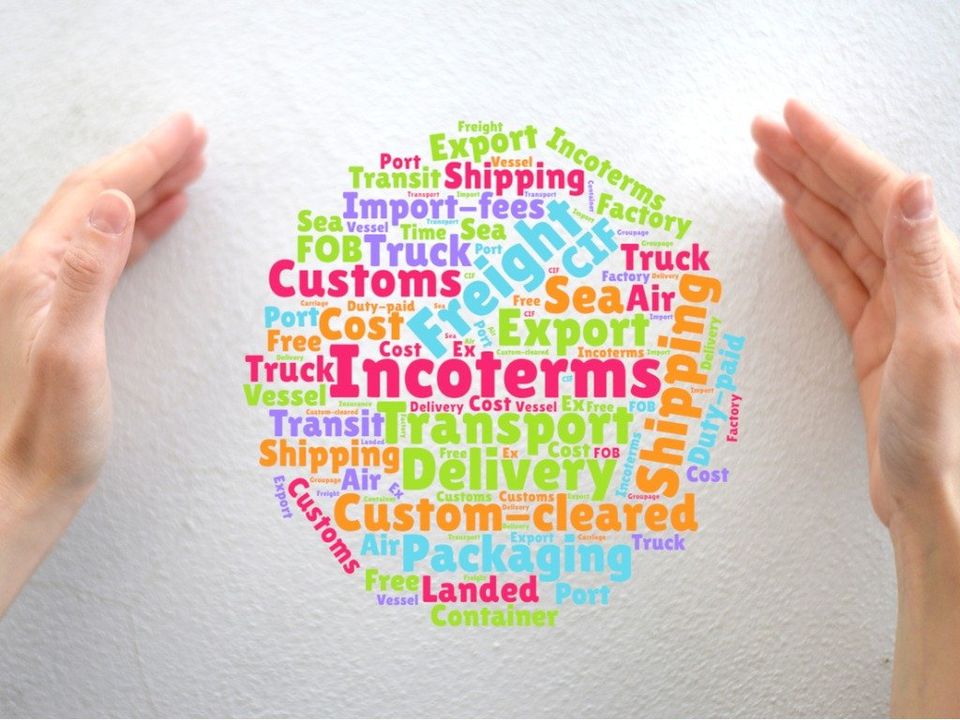
What are Incoterms?
Incoterms® is a registered trademark of the International Chamber of Commerce (ICC). Incoterms® were first created by the ICC in 1936. The Incoterms® rules are created and published by the ICC and are normally revised every 10 years, since 1980. The ICC describe the Incoterms® 2020 rules as:
The Incoterms® rules are the world’s essential terms of trade for the sale of goods. Whether you are filing a purchase order, packaging and labelling a shipment for freight transport, or preparing a certificate of origin at a port, the Incoterms® rules are there to guide you. The Incoterms® rules provide specific guidance to individuals participating in the import and export of global trade on a daily basis.
The eleven Incoterms® 2020
The seven Incoterms® for any mode or modes of transport:
- Ex Works (EXW)
- Free Carrier (FCA)
- Carriage Paid To (CPT)
- Carriage and Insurance Paid To (CIP)
- Delivered at Place (DAP)
- Delivered at Place Unloaded (DPU)
- Delivered Duty Paid (DDP)
The four Incoterms® for sea and inland waterway transport:
- Free Alongside Ship (FAS)
- Free On Board (FOB)
- Cost and Freight (CFR)
- Cost Insurance and Freight (CIF)
Ten articles for each Incoterm
Each Incoterm is covered by ten articles which clarify the responsibilities of both the seller and the buyer. The ICC have reorganised these as follows:
- General obligations
- Delivery/Taking delivery
- Transfer of risks
- Carriage
- Insurance
- Delivery/transport document
- Export/import clearance
- Checking/packaging/marking
- Allocation of costs
- Notices
Incoterms® 2020 Rules
The new Incoterms® rules define the following main areas:
- The obligations between the seller and the buyer for arranging carriage and/or insurance of the goods.
- Who is responsible for obtaining the shipping documentation and export or import licences.
- Where and when the seller delivers the goods to the buyer, subsequently confirming the transfer of risk between the seller and buyer.
- When the seller is or is not responsible for costs, such as packing, loading, transport, security compliance, unloading and checking of goods shipped and/or delivered.
- When the buyer is or is not responsible for costs, such as packing, loading, transport, security compliance, unloading and checking of goods shipped and/or delivered.
- The Incoterms®2020, as per previous Incoterms®, do NOT handle the transfer of ownership or title of the goods sold.
Key Changes
- The ICC have enhanced Incoterms® 2020 to better assist the international trading community in selecting the correct Incoterms® rule for their sales contract. Therefore, ensuring more efficient export / import transactions.
- Delivery At Terminal (DAT) in Incoterms® 2010 has been replaced by Delivered at Place Unloaded (DPU). Under the new DPU Incoterms®, the seller is required to unload the goods at the destination. This is the only Incoterms® rule which requires the seller to unload goods, therefore the seller needs to ensure they can organise unloading at the named place.
- Incoterms® 2020 now include security-related requirements within the carriage obligations and costs.
- Under the new Incoterms®, Cost Insurance and Freight (CIF) keeps the same insurance requirements i.e. Clause C (Institute of Cargo Clauses), but under Carriage and Insurance Paid To (CIP) the insurance requirement has been increased to Clause A (Institute of Cargo Clauses). This is because CIF is mostly used with bulk commodity movements and CIP is mostly used for manufactured goods via multimodal solutions.
Your choice of Incoterms® will be an integral part of your commercial transaction stated within the contract and must be applicable to the type of goods that will be shipped and the type of transportation that will be used.
If you would like more details, please call +44 (0) 118 932 8447 or email
info@icslogistics.co.uk

We provide IOR services for foreign importers and take care of every phase of the importation from customs clearance to the payment of duties and taxes. As the IOR for your products we are responsible for all paperwork relating to import of your products, customs classification and we will arrange the payment of duties and taxes.
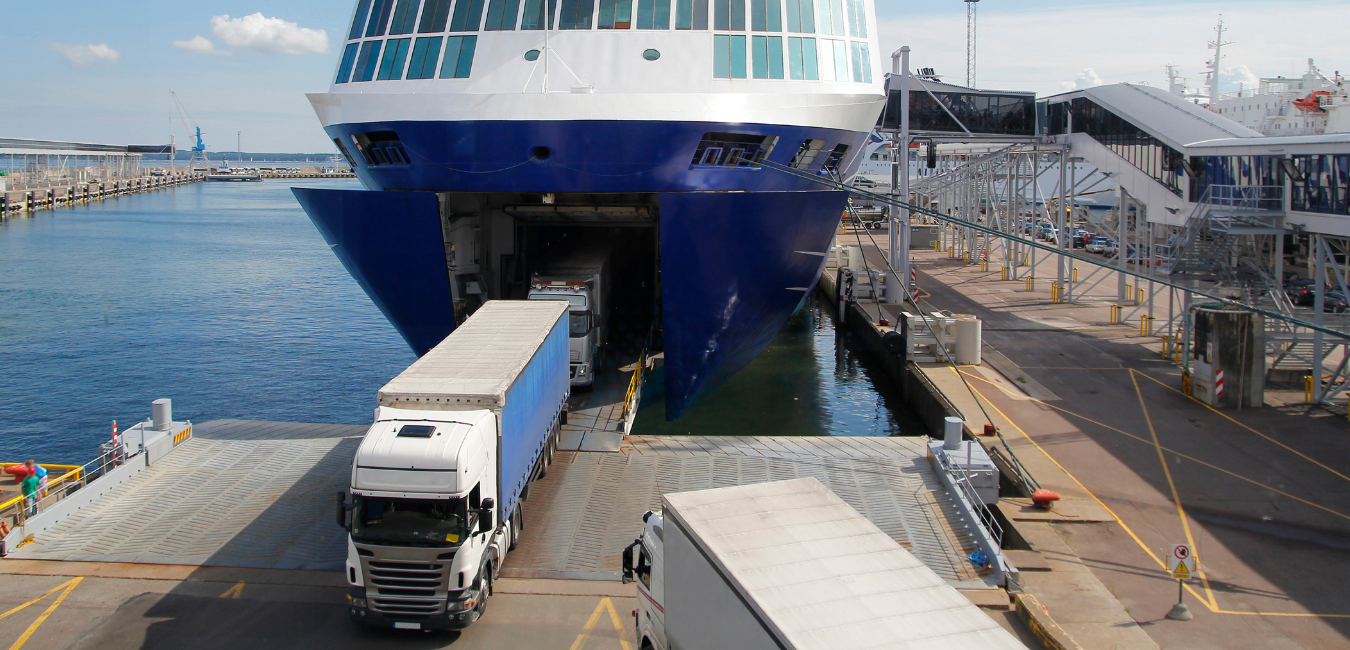
A manufacturer in Germany supplies EU qualifying products to a GB company and zero tariffs applies. The GB company places the products within their common stock warehouse and later they are purchased by a company in the Republic of Ireland. Under the TCA rules of origin for preferential trade, these goods when imported into Ireland are not covered by the agreement and full tariffs apply.
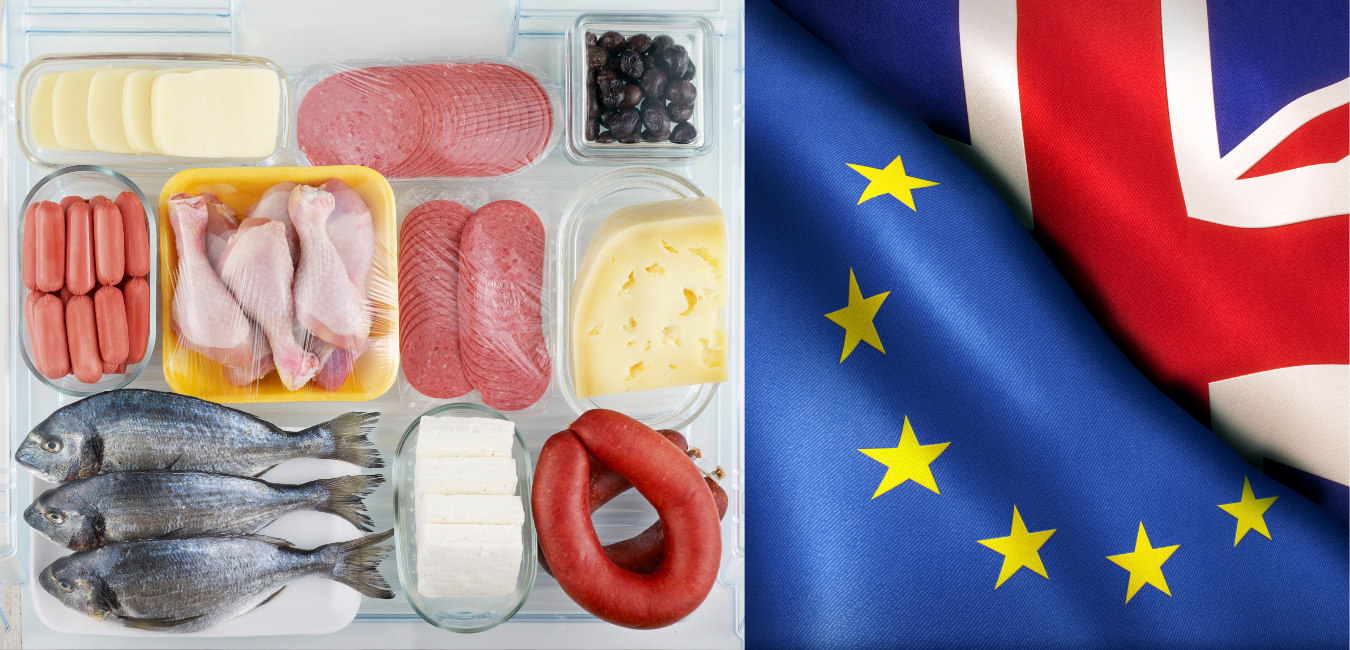
Not having clearly defined export / import processes with the EU caused unnecessary documentation issues resulting in long delays at the ports and some vehicles being sent back to the UK. Exporters of food products from Great Britain (GB) were especially impacted due to their Export Health Certificates (EHCs) not being compliant with EU import regulations. Food exporters and their Official Veterinarians complete and issued these certificates in compliance with the directives of the Department for Environment Food & Rural Affairs.
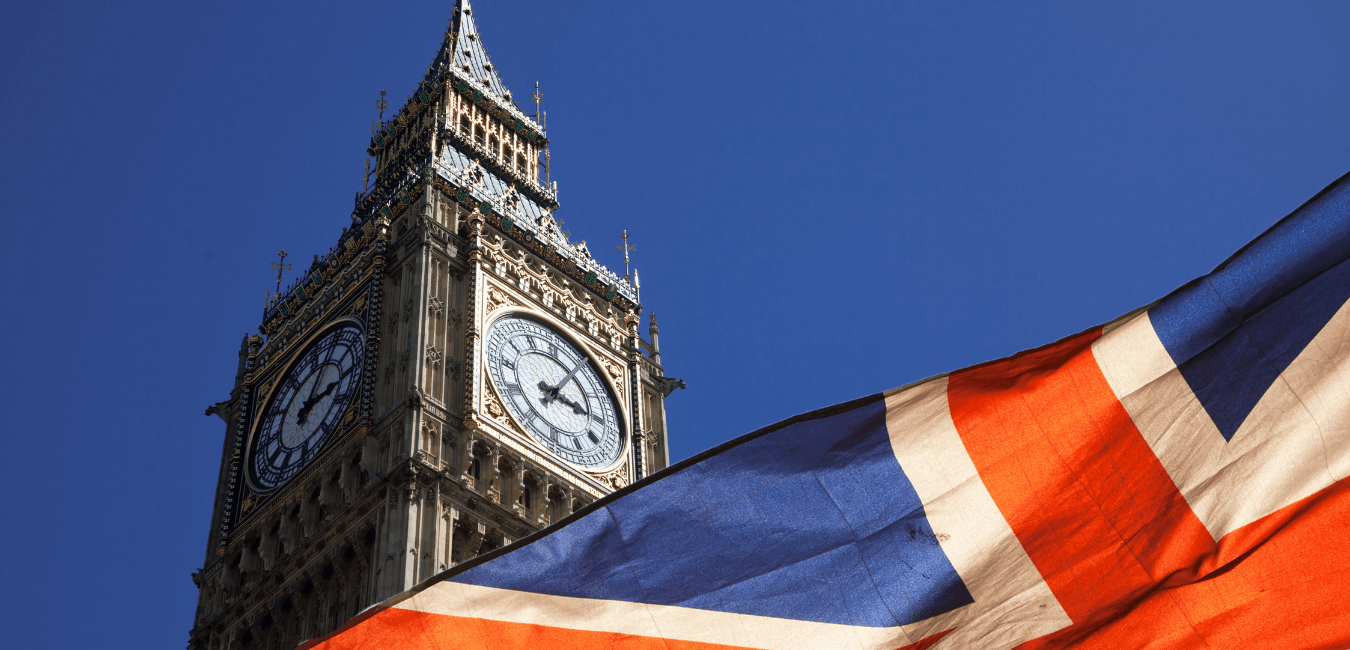
We have been developing contingency plans to ensure our customers’ products are delivered correctly after 1 January 2021. Significant changes will occur once the UK has left the EU. All UK businesses will be required to provide Customs documentation for products exported to, or imported from the EU, even with the ‘EU Deal’ on Brexit.
ICS, as part of our customer services, will be supporting companies with the necessary Customs documentation to comply with the new regulations.
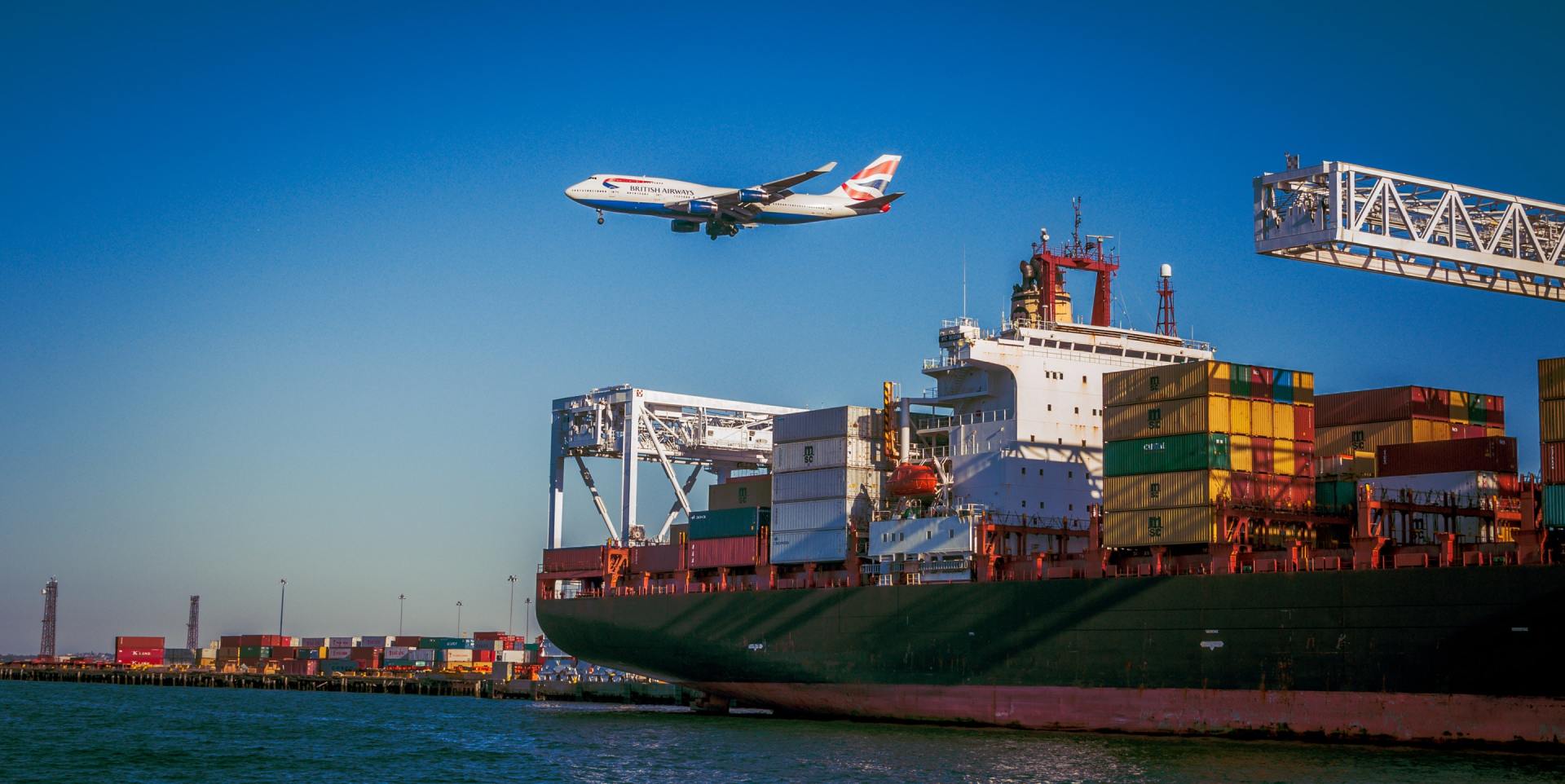
The Government announced, during the Budget, that on 1 January 2021 Postponed VAT Accounting (PVA) will be introduced on imports. Currently, imported goods from a non-EU country are liable for payment of import VAT at the same time as customs duty. The process will provide importers with a new cashflow benefit, as they will be able to postpone VAT at the time of import, as opposed to paying it immediately upon importation.
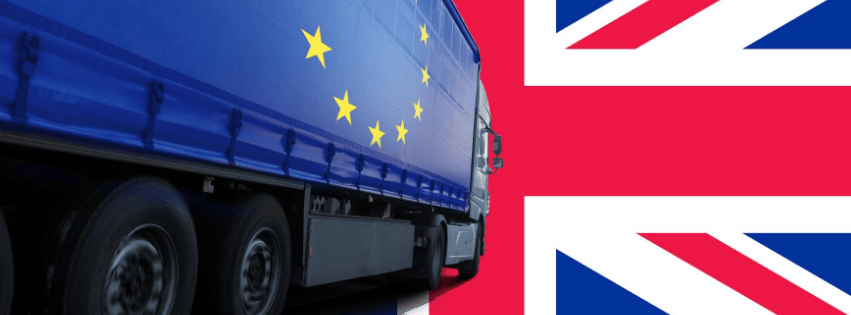
The UK Government have stated that on 1 January 2021 the transition period with the European Union (EU) will end and the United Kingdom (UK) will operate a full, external border as a sovereign nation. This means that controls will be placed on the movement of goods between Great Britain (GB) and the EU.
The UK Government have recognised the impact of coronavirus on UK businesses’ ability to prepare and therefore have announced that they will implement full border controls on imports coming into GB in three stages up until 1 July 2021.
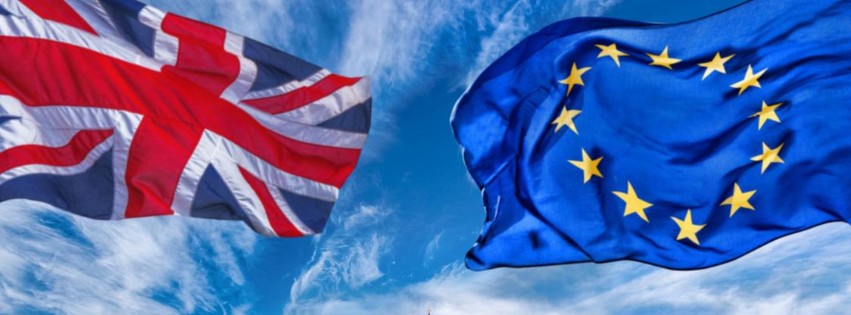
The UK Government has now released their new Import and Export Guides for the end of the Transition Period. The guides have been designed to provide a step-by-step process and aim to provide clarity around what is required at the end of the year. When it comes to following the new import / export processes and completing your Customs declarations, we can provide you with assistance and support.
